Vila Da Marmeleira
The Rural Centre of Non Formal Education
by Ana Rita Camará and Jo Claeys
30/11/2020
Can I visit this Rural Centre? You’re more than welcome. Be aware it’s merely a village. A unique village, just as all other villages. The Rural Centre of Non Formal Education is not an impressive building, neither a modern educational infrastructure. It’s simply a concept, it’s even ... a simple concept.
The Rural Centre is an attempt to involve and include an entire community in learning and teaching together, by using mostly youth work and non-formal education (NFE) as an inspiring driver to contribute to a better living together.
 Does that village even exist?
Does that village even exist?
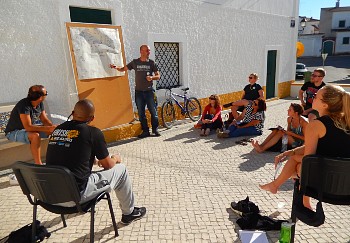
We both live in this village, a joyful merging of two people with very different backgrounds and life stories. Different nationalities, cultural habits, experiences, etc. Yet, more in common. The concrete belief in our human capacity to contribute to a better life for all. Not simply for the people around us, but for us and our two kids included. Both of us are very much engaged in social entrepreneurship, fighting for dignity, value-based living and (non-formal) education as such. A local analysis we made in September 2010 highlighted demotivation, vandalism, apathy, competition for “little or nothing”, increasing unemployment, school dropout, desertification, etc. This came as no surprise, such aspects being very recognisable in many communities, regardless of urban or rural context.
 What makes it a rural centre for NFE?
What makes it a rural centre for NFE?
A luxurious excess of infrastructure and housing possibilities; access to youth mobility projects; a long-term vision and patience; the exciting challenge of turning seemingly weak aspects into strong elements. All excellent ingredients for interesting educational cooking. Since 2010, an impressive sequence of Portuguese and international youth groups have increased the population of the village for a week at a time. They are independently hosted with small groups in a bunch of abandoned, yet fully equipped “Portuguese houses”, working and playing in different public spaces, educational dinners with local families, transforming abandoned public areas into green spaces, a variety of evening events open for and with all. Basically, you become an active inhabitant for a week. It becomes an immersive mutual learning experience for the extended village.
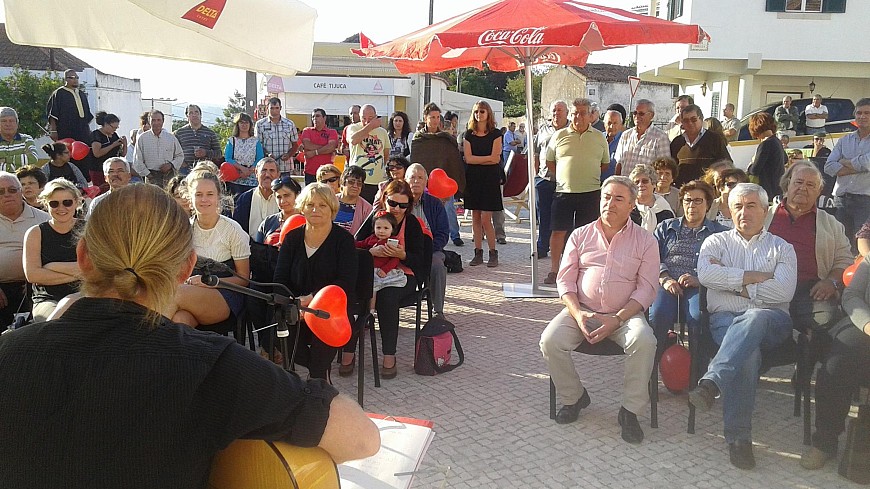
 We’re not the solution
We’re not the solution
The creation of the Rural Centre is a reflection of our striving for coherence between our “talk and walk”. With all its successes, and probably more important, its failures. As educators, parents, citizens and so many other roles, we cannot simply sit aside and accept. Snowball effects start with a small but planned action. It has, however, surprised us greatly how simply giving, supporting and building together seems to be “out of the box”, at least in the European reality we find ourselves in.
Mariana Figueiredo (20 years) – Vila da Marmeleira
“There must be a hidden agenda” is an embedded suspicion we all seem to have grown up with. A stubborn consistency in being transparent has been the only efficient answer. We cannot change the world, but being a little snowball on a chosen hill is well possible for most of us. Even with the intention of fighting current tendencies to radicalisation and extremism, we are very well aware we are not the solution. Simply an element of a possible common movement. From local to global. It all starts with ourselves, at home. It comes down to a personal choice.
 Cut the chicken wings ... or not
Cut the chicken wings ... or not
Vera Leitão (21 years) – Vila da Marmeleira
Contrary to cutting the wings of chickens and ducks to avoid them flying away, we opted for reinforcing the wings of young people in the village. And yes, we have experienced – sometimes quite unexpectedly – young people leaving the village due to international mobility projects. And that is good. The young people who will eventually come back, come with an enriched and 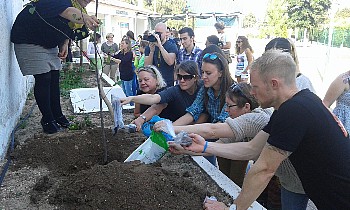
A fact: some parents do not always fully appreciate opening such windows for their children.
Young people are not the future, but they can be. Equip them with the needed tools and create the environment for them to flourish. We look the same way to communities, and especially the community we live in.
We aim to attract new young people and couples to build their life in the village. The common desire for feeling at home and integrated results in increased participation.
 Sustainable ... HA, HA, HA!
Sustainable ... HA, HA, HA!
Rosa Maria Peça (72 years) – Vila da Marmeleira
It’s not meant to be sustainable. Using youth work and international mobility projects as tools is exactly what it means. They are instruments contributing to a bigger picture. When working the field, there are different moments, for different processes. This is the same. We don’t “do” international mobility projects, we “use” them.
After hosting many groups over the past years, the real learning potential with such activities has decreased. This is especially the case for our village. To continue frequently hosting groups at the Rural Centre would eventually become counterproductive. The financial (significantly beneficial!) impact would overtake the initial intention. Authenticity and learning swapped for a qualitative experience provision, long-term planning for short-term vision, quality for quantity. We decided consciously to stop, reassess needs, adapt and act. When a tool has done its main job and purpose, other tools become more relevant. Now, it’s time to harvest and plan(t) the next crops, together.
 Non-formal education is serious business
Non-formal education is serious business
Ana Maria Ferreira (65 years) – Vila da Marmeleira
We do not play games. We do not simply party together. No, it’s not a late flower power movement. By involving the wider community through the different roles of both being a learner and a teacher, recognition for NFE increased. The hosting projects have demystified our educational sector at local and regional level. Results became more measurable and tangible: increased employment in the village, English language at ease, increased movement, different attitudes.
 Principles, pitfalls ... or maybe tips
Principles, pitfalls ... or maybe tips
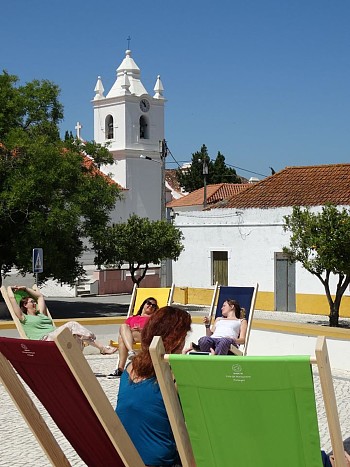
Branding the village name. In order to increase common ownership and to support community feeling. A systematic branding of the village itself speeds up the building of a needed critical mass. When everyone receives a bit of ownership, the building of something different increasingly happens together. Attention is focused on the common good, not on individual gain. Much work (e.g. creating media coverage) is not part of your task list any more, it’s gladly taken over by others, who are probably even better placed to do so.
A constant win-win strive. Everyone is good at something, everyone is sensitive to something. Involving a maximum number of stakeholders and focusing on what they aim for. A steady small gain over the long term, not a fast one-time shot. Focusing on different levels of gaining: educational, cultural, financial, social and emotional.
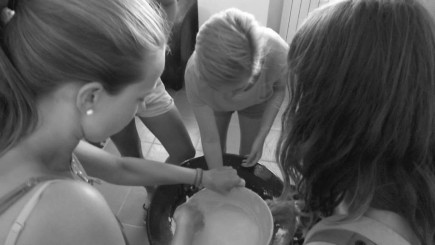 |
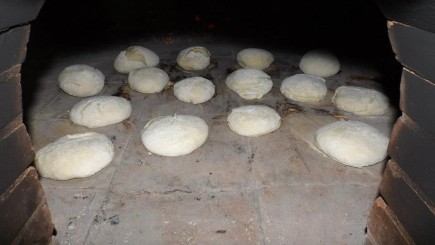 |
No favours. At future times, they are always collected, and this with an undesired additional cost. If there is a clear win-win situation for all, favours become obsolete ... they become actions of common sense and interest.
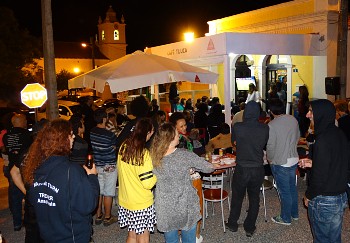
Expect resistance. Every action creates reaction. And that is good. Resistance forces us to re-question the permanent and strengthen our planned intentions. We hope you also get resistance.
Maria José Leitão (57 years) – Vila da Marmeleira
Different layers. Involving from the start different generations, different stakeholders and decision makers across social layers. A community movement, together, and not a struggle of a particular identified group. It troubles possible resistance, once it becomes harder to label and categorise what the movement is and stands for. It’s pro-reacting against the annoying, yet effective, concept of divide and rule.
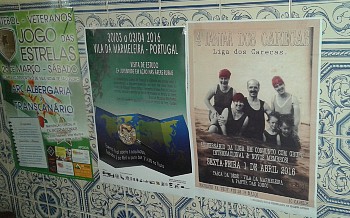
Denis Morel (45 years), non-formal educator – France
Who says that? The power of questioning ourselves and everything around us. It has led to lovely surprising effects and actions. Fantastic new dimensions opened up by simply questioning the obvious and standard. For us, every day is carnival. Because ... it simply can be. There is no rule against this, only a traditional automated format of the norm. Feeding critical thinking ... scary, enriching and surprising. We now have in our village a “League of the Bald”, organising simple non-profit activities for all who want them. To be part of this: “Everyone is bald somewhere”.
Impact ... E ...
Using these youth mobility projects have opened doors to a variety of topics which were partly unknown, taboo or simply previously not accepted. It allowed us to approach in a constructive manner LGTBQI+, racism, vegetarian and vegan, and ... non-formal education as such.
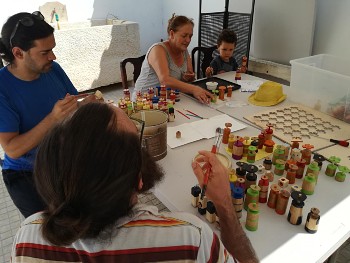
Somehow, it all came down to following what simply makes common sense, is as inclusive as possible and constructive in the long term.
Our prior concern goes to this. Less to mapping. Most probably a fragile aspect towards the future when it comes to possible other funders. But then again ... we’re in this for something else. To support a transformation process towards a bigger mutually supportive community, of which we are part.
 Highlights of now
Highlights of now
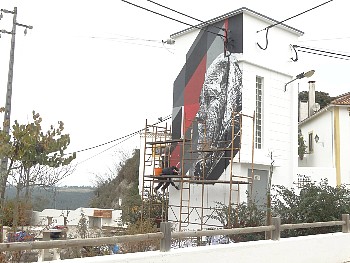
For as far as we know, this is quite unique.”
Thierry Dufour (54 years), Bureau International Jeunesse – Belgium
Parallel local participative projects such as UniArt are completing the picture. Eleven urban murals created together with the population are part of a regained dignity process. An entertaining movement of The League of the Bald remains active and new young families have moved in.
 COVID-19: shaken, not stirred ... please
COVID-19: shaken, not stirred ... please
And the COVID-19 impact ... well ... it has been a serious test of our own sustainability as a fragile community project where profits are invested in social gain. We have been seriously shaken, but still stand. Let the next challenge come.
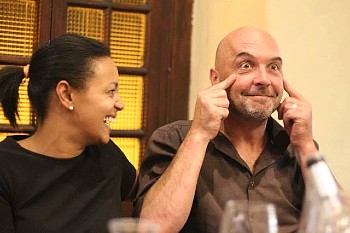
We also invite you to embrace the following familiar sentence: “If you believe that an individual cannot make a difference, spend just one night with a mosquito.”
So for now, we continue, while waiting for the next generation of young people to grow their wings, our children included ...

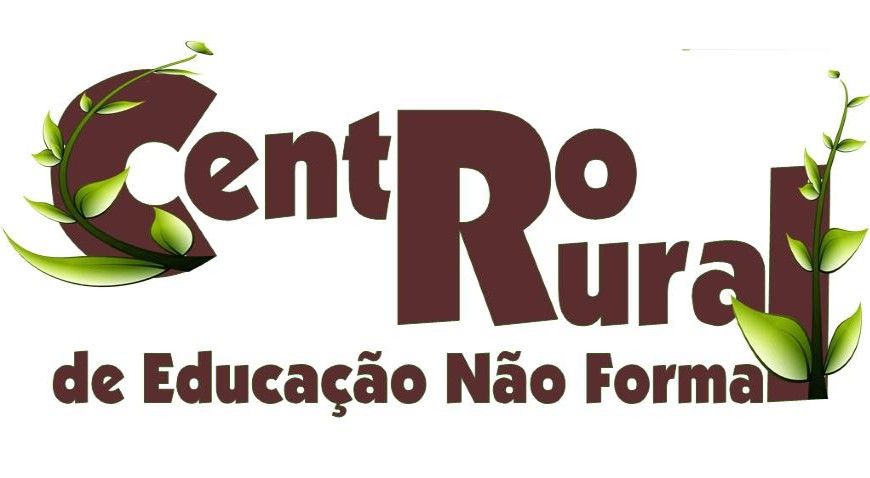

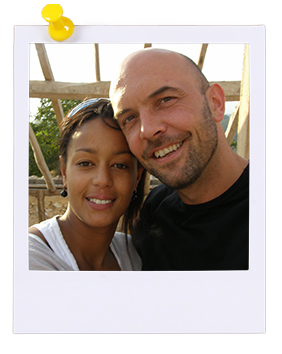
Miguel Martins (13 years) – Vila da Marmeleira